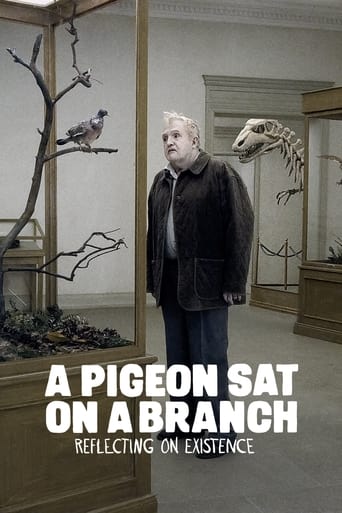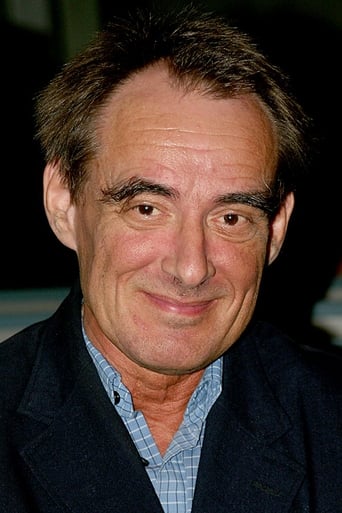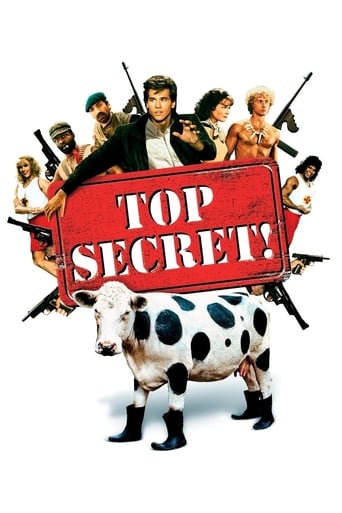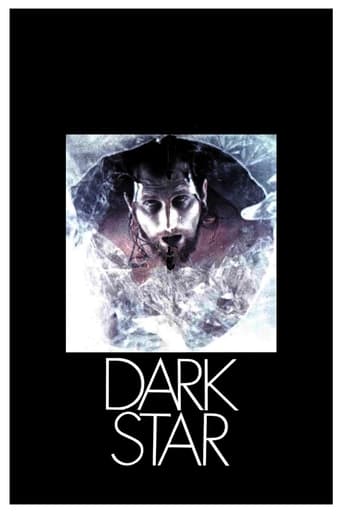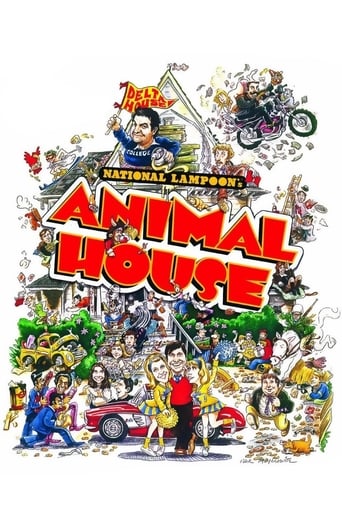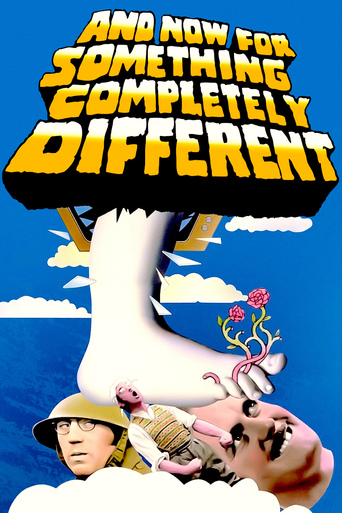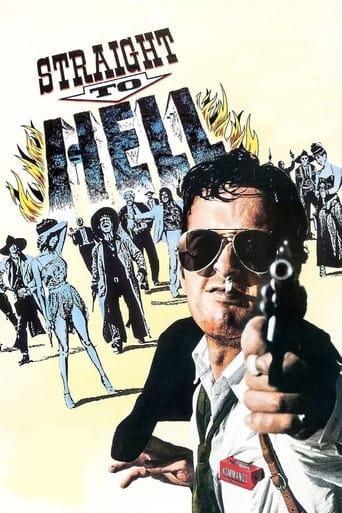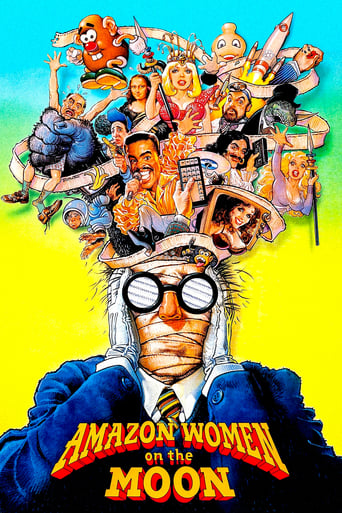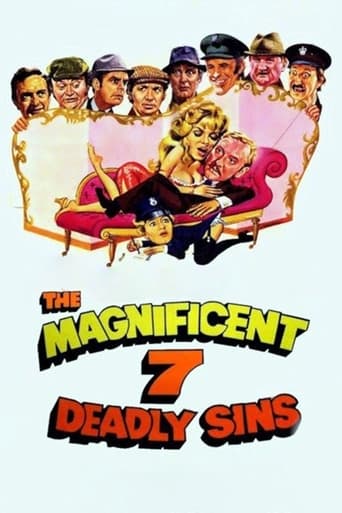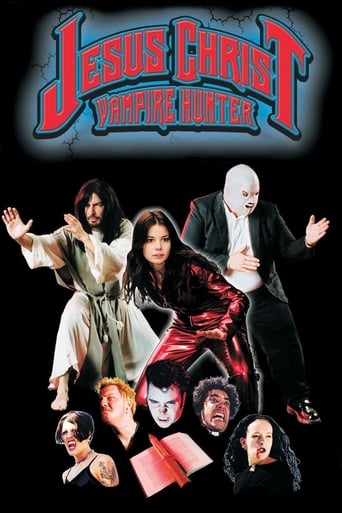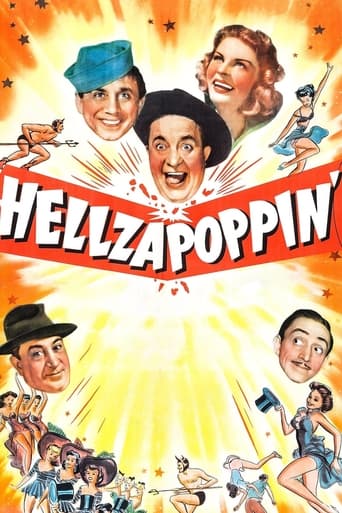A Pigeon Sat on a Branch Reflecting on Existence (2015)
An absurdist, surrealistic and shocking pitch-black comedy, which moves freely from nightmare to fantasy to hilariously deadpan humour as it muses on man’s perpetual inhumanity to man.
Watch Trailer
Cast


Similar titles
Reviews
A Monty Python movie, without any of the irony or the humor. Reading the subtitles in a British accent actually enhances the experience. I'm proud to say, I did just that. The colors of the film are washed out and ugly, and so are all of the characters. Love it or hate it, it's purely original.
The last part of Andersson's brilliant, loose 'trilogy about being a human being' ("Songs from the Second Floor" was the 1st part. "You, The Living" the 2nd) -- Although there's no need to have seen the earlier films to appreciate this one, since there's no overlap of character or even story, just style, mood and theme.This film re-visits Andersson's unique, hysterically funny and sometimes tragic world view, and his utterly original style. Andersson's camera never moves, never cuts within a scene. He finds a great frame, and the image sits there while his sad-sack characters, usually wearing ultra-pale make up like psychotic clowns, or silent movie comics, go through whatever bizarre silliness Andersson has devised. The locations are never real, but are always elaborate, and frequently breathtaking, sets, adding to the comic-nightmare feel.There are a few characters who reappear through the film, like the two desperate novelty salesmen peddling vampire fangs and a hideous 'Uncle One-Tooth' mask 'they have great faith in' -- giving off a distinctly 'Waiting for Godot' vibe. But there's nothing like an overall story. Just a series of blackly comic vignettes... that slowly add up in a generally thematic way.Andersson has a magical ability to be 'Monty Python' level funny (or, perhaps given his slower pace 'Monty Python' on downers), until suddenly it isn't funny – for a moment, or a scene – and you realize how sad it is underneath, as Andersson shows us the cruelty that humans are capable of, especially those with money or power, and the desperation that most of the rest of us live with, before going back to his grandly comic surreal hi-jinks.No one else makes films like these, nor should anyone try. This is a one-of-a-kind artist, and we should just feel lucky to have his cockeyed brilliance, holding up a fun-house mirror to ourselves and our society.
A man stares unblinking at a stuffed bird inside a display case, and wonders how it had gotten to be there. Meanwhile, a pigeon swoops in and out of the sky, and seems to regard the tableaux of human behaviour with a curiosity that Andersson shares. Why, they ask, are these people so busy, so concerned, so lost, so struck with everyday woes? The pigeon sits on the branch and worries about them. Will they ever find love? Will they ever find success? There is a line of dialogue that seems to be common in this city. "I'm happy to hear you are doing fine," they murmur, not face to face, but through telephones, miles apart. It is said without much conviction, so naturally they have to repeat the phrase. Extreme regard and disregard are contrasted throughout. Andersson once again returns to the same stylistic tendencies in the final part of the loose trilogy. The camera, unmoving, captures each scene in its drab in medium shot, close enough to identify emotion, but not close enough to touch them, to comfort them, like they are an exhibit in their own sense. In the distinct deep focus he layers each constructed set, so the canvas seems alive, and multiple stories are able to be interwoven with each other; a scientist in the other room conducts his own experiments and is just as oblivious to the test monkey's pain, a lonely lieutenant desperate tries to convince himself he has not been stood up while another breakup occurs within the window of the restaurant (later he once again stares into the same window, despaired that he does not have the same company), and as Charles XII makes his grand entrance and re-entrance into a local bar we see firstly his mighty battalion, and later the surviving injured, slowly trudging back. The story revolves loosely around two salesmen, Jonathan and Sam, who carry around briefcases because it gives off the pretense of travelling towards an important destination, but instead are mere joke products which have not been big sellers. They wander around, attempting to chase up loose ends while being harried themselves for payment, and suffer off-screen accidents that further drive them into the ground. And in the midst of this, a similar theme emerges; as one contemplates whether it is truly right to profit from the misfortune of others (and this is a tiny little grievance, seeing how ridiculous the mask looks, and it makes him all the better a person for it), Andersson's larger contemporary criticism seems to make itself clear. That is of the sense of isolation, the abandonment of communal care and concern; words spoken through a telephone are shallow, Jonathan is told to shut it because they all have to wake up in the morning, dancers turn an uncomfortable blind eye to the groping of one of the students. The principal example is of course the most controversial scene of them all, where a dream turns nightmare as black slaves are led by British soldiers into a huge metal spit-roast grill (and here I think Andersson has finally broken his rule, because it looks quite digital), and cooked alive - the scene lingers for longer than any would be comfortable with. It recalls the same attack on the corporation's sacrificial ceremony in Songs, this time aimed at a real life Swedish mining company Boliden, whose smelting residue led to poisonings. He juxtaposes these examples with the little joys, the instances of love and care, and they hold the same sort of lasting power. The pigeon witnesses these little vignettes too. A couple share a cigarette by the window sill, silent, yet deeply connected by companionship. Another couple lie on the beach with their dog, while a mother coos and gently rocks the pram of her baby. Girls blow bubbles with little else on their minds. And there are musical motifs that connect these brief moments. One is the same orchestration that accompanies scene transitions. The other is the recurring tune of Glory, Glory (Lay My Burden Down), that takes on several lyrical interpretations. In the most tender of scenes, an entire bar begins to sing in unison as the waiter leads the chorus and distributes drinks in a sort of communion like ceremony. They are penniless, but are much richer in their kisses and care. And later, soldiers once again accompany their king into the bar, concerned that he can no longer hold it in, and demand to know where the bathroom is. The mournful tune now sings of a mighty army led by Charles XII, and their march, but omits how he had to wait a little while for the bathroom. An elderly relative has asked for a purse for of valuables and riches, and the sons cannot figure out a way to prise it from her hands without her shrieking in protest. A man has a heart attack while trying to open a bottle of wine, while his wife absent-mindedly fiddles in the kitchen, unaware. Another man has dropped dead suddenly in the cafeteria of a cruise ship, and the onlookers awkwardly try to navigate the course of action towards his now unattended meal. Finally, an off-screen pigeon has attracted the attention of several civilians waiting for a bus. The pigeons sees all this. It does not attempt to understand it fully; life is about the up and downs, about waiting for buses and bathrooms, about exchanging pleasantries that you don't really mean. It's tragic, and funny, and everything in between.
If Ingmar Bergman had directed the Monty Python crew through a script by August Strindberg and story boards by Edvard Munch, this is the film that might have resulted. Billed as a comedy, it produces the occasional chuckle, but humorous it isn't. A surreal Nordic allegory, as suggested by other reviewers, it might possibly be, but one would have to sit through it several times to extract that degree of narrative intent. I think I wouldn't have the patience. One can imagine that Swedes would find it much more meaningful, and funnier, than Americans for possessing the cultural context upon which the film clearly depends. There are a lot of subtleties of history, social mores, and such that get lost in translation.One has to hope that the eponymous pigeon's existence is less dreary than the lives of the film's characters, or the writer's vision of the world. The DP and Art Director seem to have been a gleefully willing accomplices in the whole thing, however. The staging and photography are at times positively brilliant.

